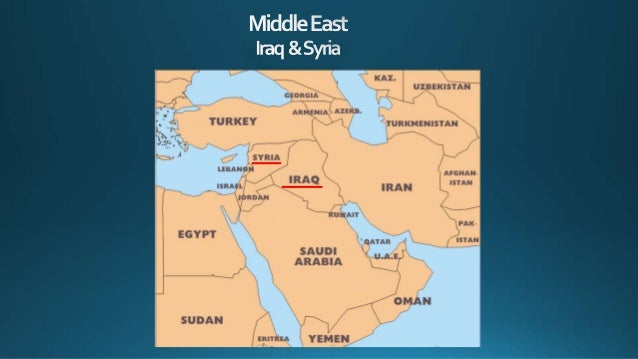
The war in Equatoria does not fit neatly into the simplified narratives of South Sudan’s war as a power struggle for the center nor will it be addressed by peacebuilding strategies built off those precepts. Even after the 2018 peace deal, parts of Equatoria continue to be active hot spots for national conflict. In 2016, South Sudan’s war expanded explosively into the country’s southern region, Equatoria, triggering a major refugee crisis. Thomas Cirillo, leader of the Equatoria-based National Salvation Front militia, addresses the media in Rome on November 2, 2019. 
If lasting peace is to come to South Sudan, writes Alan Boswell, it will require a peace effort that more fully reckons with the long-held grievances of Equatorians.

Equatoria is now the last major hot spot in the civil war. South Sudan’s civil war expanded into Equatoria, the country’s southernmost region, in 2016, forcing hundreds of thousands to flee into neighboring Uganda in what has been called Africa’s largest refugee exodus since the 1994 Rwandan genocide.






 0 kommentar(er)
0 kommentar(er)
